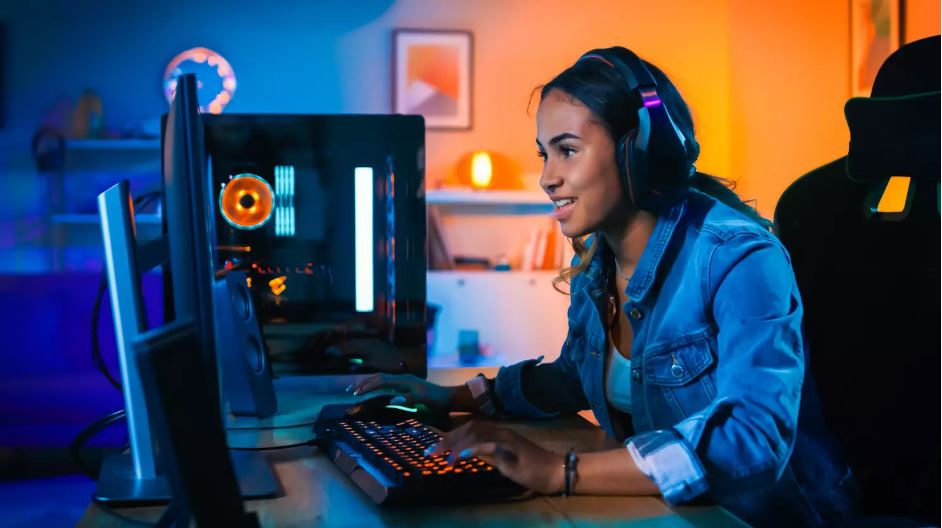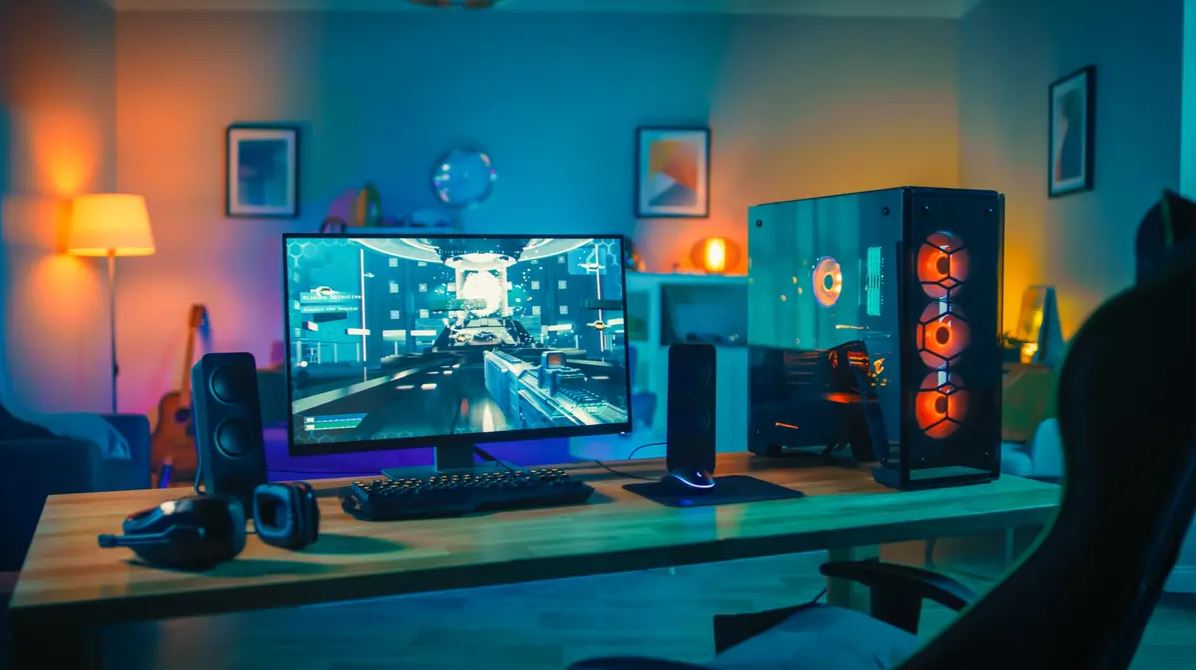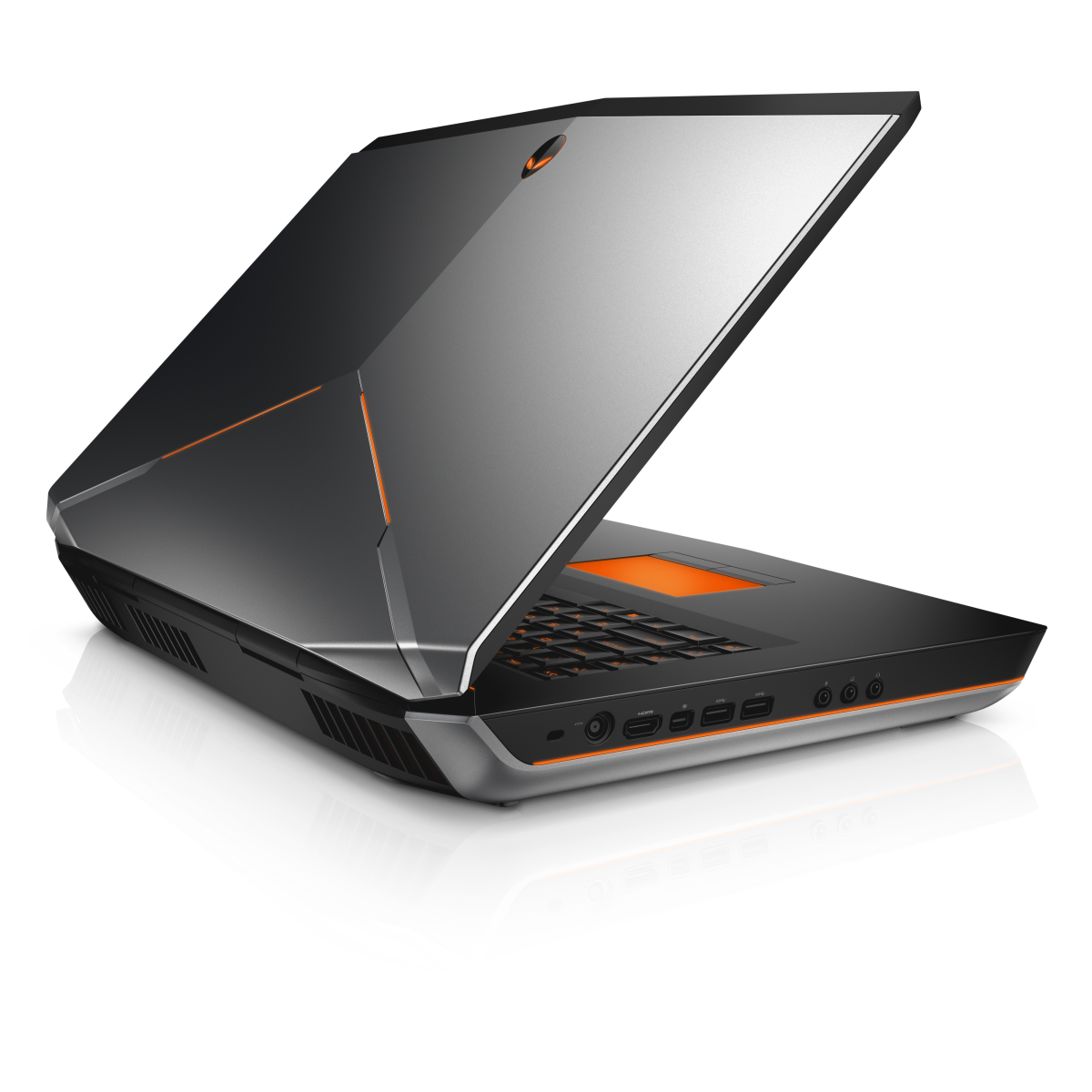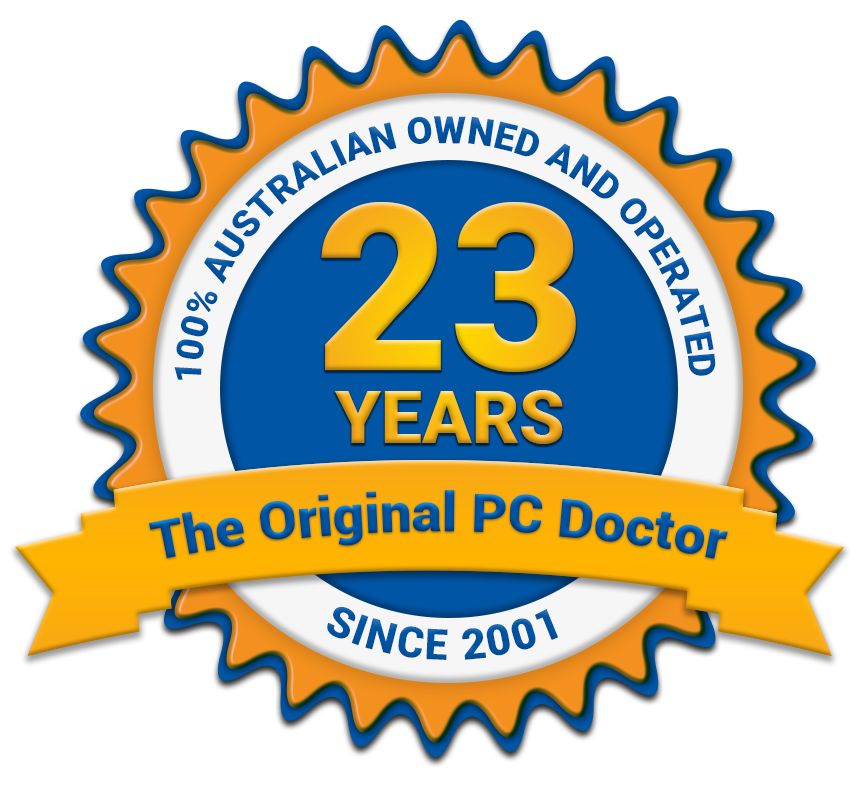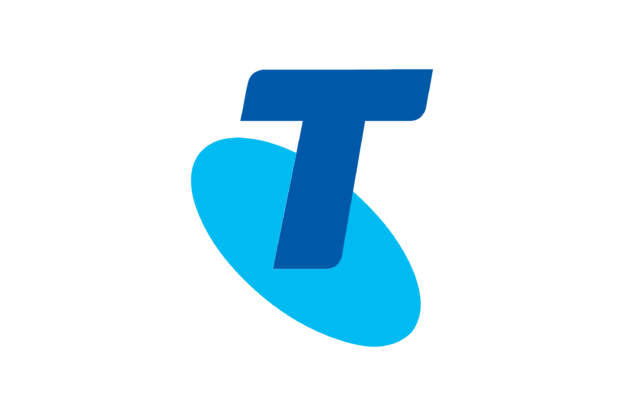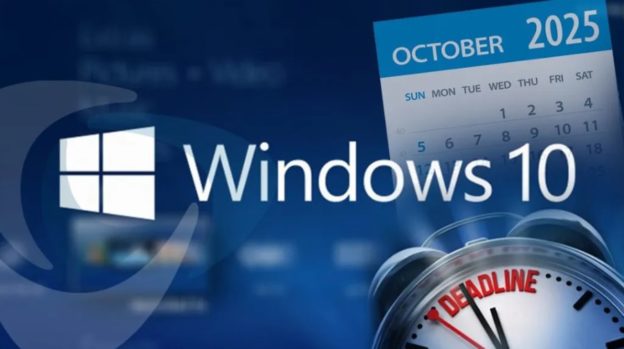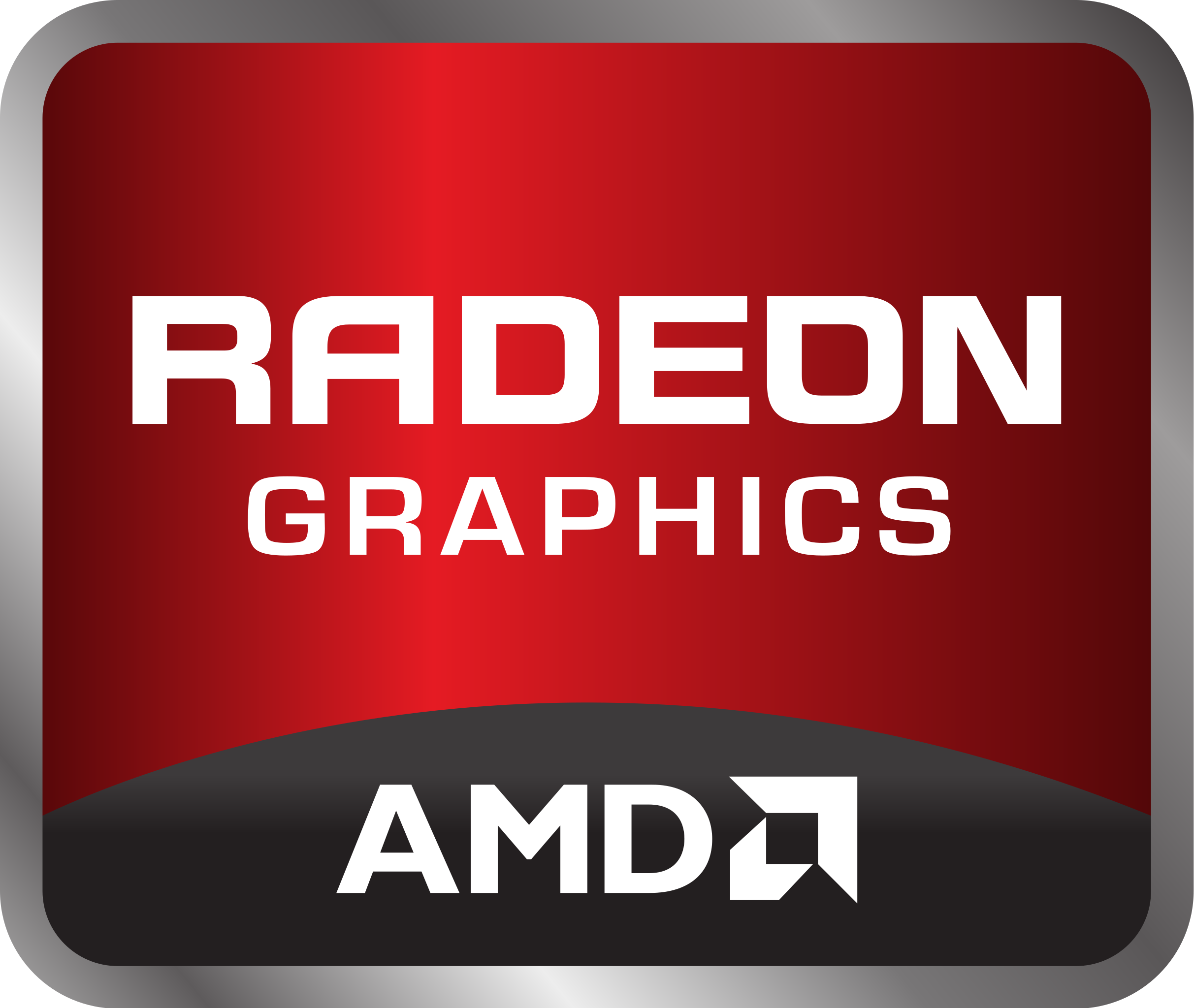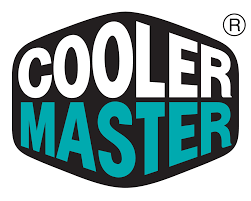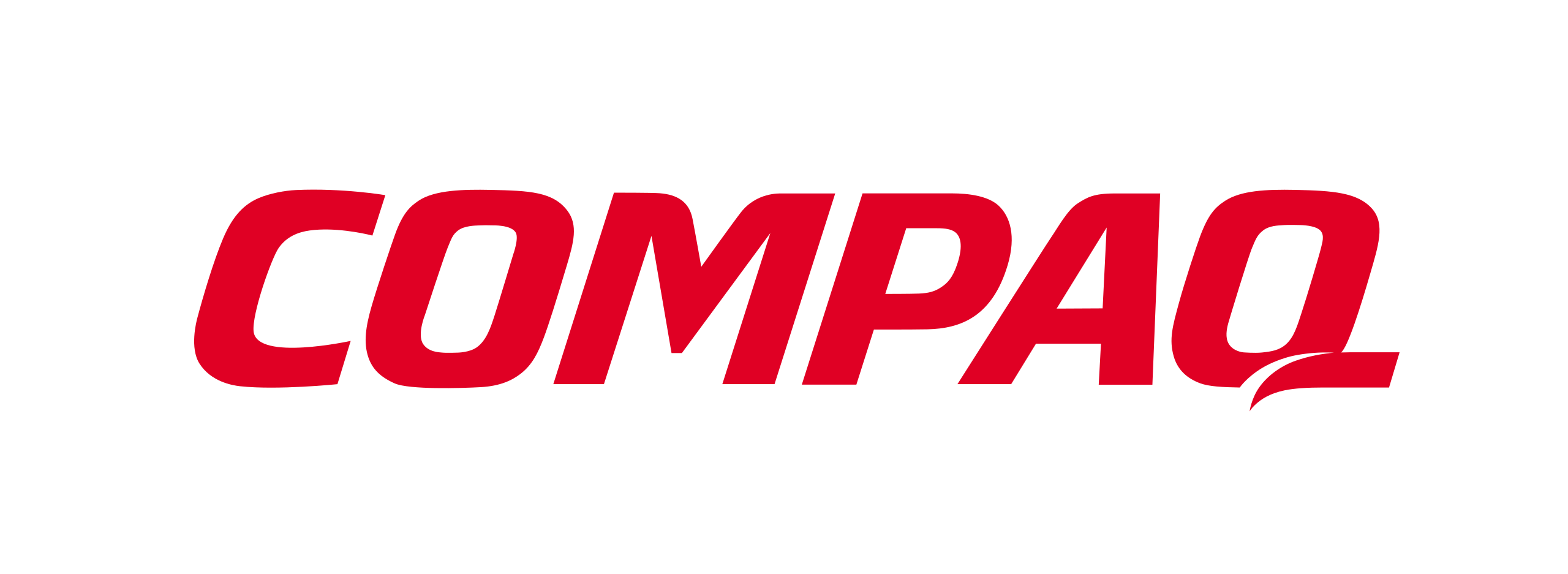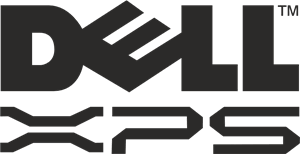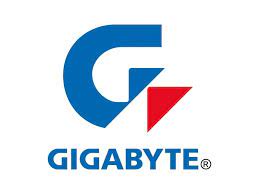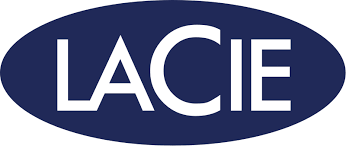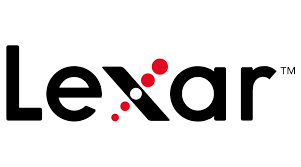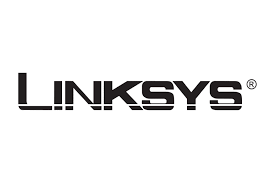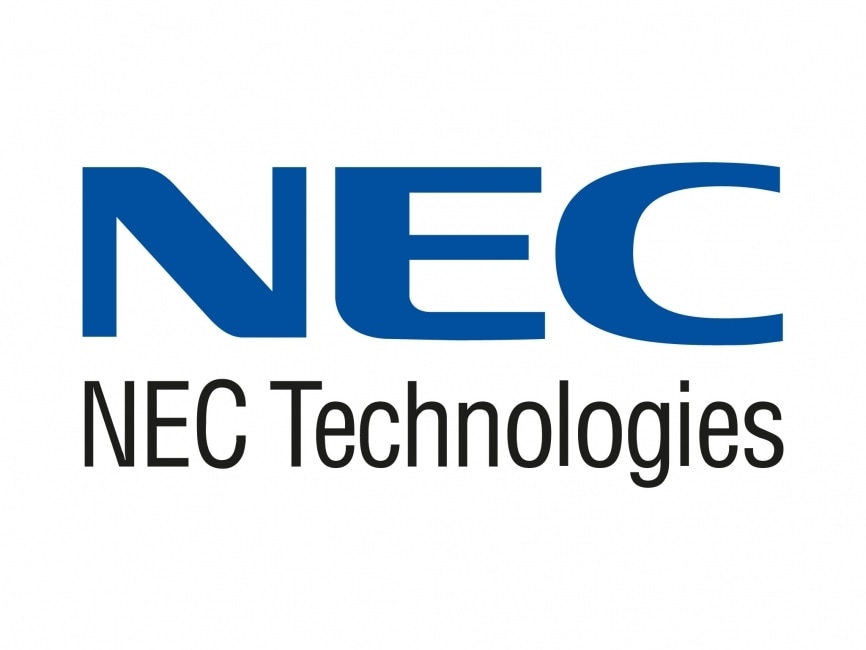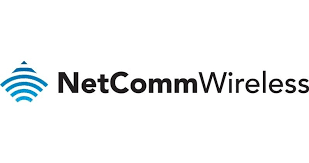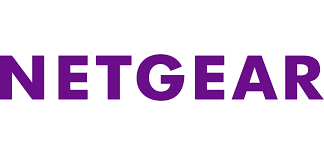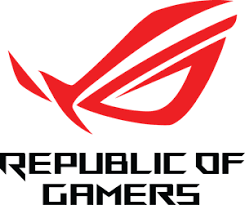Gaming Computer Repairs
Gaming Computer repairs have been our livelihood since 2001 – if you have a custom-made or off-the-shelf Gaming Computer or Laptop we can help to get it working again.
The Original PC Doctor offers nationwide Gaming Computer repairs. We offer many services including virus and spyware removal, hardware sales and installation, general technology troubleshooting, disaster and data recovery, email configuration and setup, and many more. Get professional onsite Gaming Computer help from expert technicians at your home or work. Contact us today at 1300-723-628 to get in contact with your local gaming computer repair technician.
What Gaming Computer repair services does The Original PC Doctor provide?
- Gaming Computer and Network Security. Protect your precious financial records, holiday photos, emails, and other private data from online identity thieves by allowing us to secure your Gaming Computer for you.
- Gaming Computer Setup, Upgrades, and Installation. We will come out to you at a time that is convenient to you and set up your new machine onsite.
- Gaming Computer Troubleshooting Services. Is Gaming Computer doing strange things? As most Gaming rigs are highly tuned and performance devices it’s often that things can go wrong and be very difficult to figure out where the issue is. We can help find the source of the problem and get you back up and running “gaming” in no time at all.
- Gaming Computer Tune-Up Services. Gaming Computer running slowly? Let us give it a good once over and tune-up, and it’ll be faster than when you bought it!
- Data Backup and Transfer Services. Don’t leave your valuable data at the risk of unrecoverable data loss! Have our PC Doctor set up a backup of all your important data files, photos, home videos, and more.
- Data recovery. We know there’s no worse day than when you think you’ve lost all your data. Feel free to call 1300 723 628 for free advice – we’re set up with leading-edge technology to help you recover it for the best cost and time frame!
- Email setup and support. It’s precarious to survive in this day and age without email. We can come out to help set up an email account, recover a lost mail account, and show you how to use it so that it doesn’t happen again!
- Gaming Computer Troubleshooting. We can fix anything! Next time you can’t get that annoying program to work, or your device won’t sync properly, let us worry about it – problem solved.
- Hardware Installs and Gaming Computer Upgrade Services. Need a shiny new piece of hardware installed? PC running so slowly, and think it might be time for an upgrade. We can assist!
- Gaming Computer Hardware Repairs. Motherboard blown? We’ll replace it. Are dead RAM sectors slowing your PC or Mac down? We’ll upgrade it. You can’t scare the PC Doctor – they do it all!
- Gaming Computer Repair Insurance Reports. Liquid damage? Storm damage? We’ll make a thorough diagnosis and write a detailed report for your insurance company. Let us take care of everything to help make the claim process much easier!
- Operating System Install & Repair. Has your operating system seen better days? We can help to back up all your data and re-install the operating system on your PC, Mac, or Server.
- Software Setup and Installation. There are millions of software programs on the market. We can help you install and set up most of them. Call us to find out if we can assist you.
- Network Setup. Networks are getting faster and more complex. Let your local PC Doctor help you set up the best technology for your networking needs.
- Setup a Wireless Home Network. Wi-Fi is everywhere; we rely on it daily more than ever. We can help to make sure that it’s set up the right way and also advise on if you have the best devices for your needs.
- Network Sharing and Streaming. Your local PC Doctor can set up a secure network so that you can share or stream anything and everything between as many Gaming Computers or TVs as you like in your home or office.
- Printer setup. Just buy a new printer? We can help you set it up for wireless printing, scanning, and sharing to all the Gaming Computers and devices on your network.
- Gaming Computer Training. Let us help you learn more about your technology and what it can do with our friendly one-on-one training to ensure you get the most return out of your technology investments!
- Virus, Spyware, and Malware Removal. Is your desktop running so slowly? Are close contacts complaining about receiving emails from you that you never sent? Your Gaming Computer may have “caught” a nasty virus! Have your local PC Doctor check it out and terminate it dead in its tracks – you’ve been “terminated” virus!
- Professional, friendly Gaming Computer repairs at your home. Are you looking for a fresh new approach to Gaming Computer help? The Original PC Doctor provides professional on-site Gaming Computer repair services for homes and businesses throughout Australia.
Why choose The Original PC Doctor for all your troubleshooting and Gaming Computer repair needs?
Our expert technicians can troubleshoot your Gaming Computer issues and offer you a number of options to repair your Gaming Desktop Computer or Laptop so you can get back to gaming as soon as possible, without any hassles.
There is nothing more frustrating than having issues with your Gaming Computer, which is why we offer same-day Gaming Computer and laptop repair services during the weekdays, evenings, and weekends.
Whether you need on-site Gaming Computer repairs or technical support services, we guarantee that your Gaming Computer repair technician will find a solution to your problem. And if we don’t, you don’t pay – it’s that simple!
We can fix a wide range of issues on all major brands
As the go-to and highly recommended Gaming Computer repair experts in Australia, The Original PC Doctor services all major devices. Just some of the major brands we service include Dell Alienware, Metabox, Acer Predator, and Dell XPS, etc. We also service the Asus ROG and GPU Mining Rigs.
All our Gaming Computer technicians are highly experienced in various technical issues, so our support services range from basic virus removal to complex data recovery.
With that in mind, we offer a wide breadth of PC repair services to meet your specific needs. We can help you set up your device or network, tune up your PC, install new Gaming Computer hardware or software, and much more!
Call 1300-723-628 or complete our online inquiry form to set up an appointment with your local Gaming Computer repair technician.
Why choose The Original PC Doctor to repair your Gaming Computer?
- The Original PC Doctor provides expert Gaming Computer help, repairs, and support services.
- Weekday, evening, and weekend appointments at specific times.
- Same-day service is available! If you call before 10 am on weekdays, you can have your problems solved by the end of the day.
- Remote support allows you to get your tech back up and running no matter where you are in Australia.
- We can fix gaming desktops, laptops, and other related computing devices.
Why do our customers love The Original PC Doctor Gaming Computer repair service?
- We live up to our reputation of being friendly, professional, and efficient.
The Original PC Doctor technicians come to you at a specific time – and can even arrive the same day you call! - It’s easy to book, and pricing is fair and competitive.
Call 1300-723-628 or complete our online inquiry form today to set up an appointment with a Gaming Computer repair technician near you!
Gaming PC FAQs
- How to build a gaming PC?Building a gaming PC can be a rewarding experience, allowing you to customize the hardware to your specific needs and budget. Here’s a general guide to walk you through the process: 1. Planning and Budgeting: Determine your budget: This will guide your component selection and ensure you don’t overspend. Research components: Familiarize yourself with the different components…Read More
- How much does it cost to run a gaming PC?The cost of running a gaming PC depends on several factors, making it difficult to give a precise answer. However, here’s a breakdown of the key factors that influence the electricity consumption of a gaming PC, and how you can estimate the cost: Factors affecting power consumption: Hardware: Power Supply Unit (PSU) Wattage: The PSU rating…Read More
- How to play XBox games on PC?There are two primary ways to play Xbox games on your PC: 1. Xbox Play Anywhere: This feature allows you to play certain Xbox games you’ve purchased digitally on both your Xbox console and your Windows 10/11 PC at no additional cost. Here’s how to check if a game is playable through Xbox Play Anywhere: Look for…Read More
- How to optimize your pc for gaming?Optimizing your PC for gaming involves making adjustments to both hardware and software to improve performance and create a smoother gaming experience. Here are some steps you can take: Hardware Optimization: Update your graphics card drivers: Outdated drivers can lead to performance issues and bugs. Download and install the latest drivers from your graphics card manufacturer’s…Read More
- How to check that your computer can run a game?Here are two main ways to check if your computer can run a game: 1. Checking the game’s system requirements: Every game has a minimum and recommended system requirements listed on its official website, store page, or game box. These requirements detail the hardware specifications (CPU, GPU, RAM, storage, etc.) your computer needs to meet…Read More
- PC cannot run a game?If your PC cannot run a game, there could be several reasons for this issue. Here are some common troubleshooting steps you can take to address the problem: Check System Requirements: Ensure that your PC meets the minimum system requirements specified by the game. If your hardware does not meet these requirements, you may experience…Read More
Gaming PC FAQs
- How to build a gaming PC?Building a gaming PC can be a rewarding experience, allowing you to customize the hardware to your specific needs and budget. Here’s a general guide to walk you through the process: 1. Planning and Budgeting: Determine your budget: This will guide your component selection and ensure you don’t overspend. Research components: Familiarize yourself with the different components…Read More
- How much does it cost to run a gaming PC?The cost of running a gaming PC depends on several factors, making it difficult to give a precise answer. However, here’s a breakdown of the key factors that influence the electricity consumption of a gaming PC, and how you can estimate the cost: Factors affecting power consumption: Hardware: Power Supply Unit (PSU) Wattage: The PSU rating…Read More
- How to play XBox games on PC?There are two primary ways to play Xbox games on your PC: 1. Xbox Play Anywhere: This feature allows you to play certain Xbox games you’ve purchased digitally on both your Xbox console and your Windows 10/11 PC at no additional cost. Here’s how to check if a game is playable through Xbox Play Anywhere: Look for…Read More
- How to optimize your pc for gaming?Optimizing your PC for gaming involves making adjustments to both hardware and software to improve performance and create a smoother gaming experience. Here are some steps you can take: Hardware Optimization: Update your graphics card drivers: Outdated drivers can lead to performance issues and bugs. Download and install the latest drivers from your graphics card manufacturer’s…Read More
- How to check that your computer can run a game?Here are two main ways to check if your computer can run a game: 1. Checking the game’s system requirements: Every game has a minimum and recommended system requirements listed on its official website, store page, or game box. These requirements detail the hardware specifications (CPU, GPU, RAM, storage, etc.) your computer needs to meet…Read More
- PC cannot run a game?If your PC cannot run a game, there could be several reasons for this issue. Here are some common troubleshooting steps you can take to address the problem: Check System Requirements: Ensure that your PC meets the minimum system requirements specified by the game. If your hardware does not meet these requirements, you may experience…Read More
If your gaming rig is looking “terminal” and is say worth less than $200, we recommend you recycle it rather than adding it to a landfill or asking us to fix it. For computer recycling in Australia you can contact this organisation -> Computers & Electronics Recycling Australia




